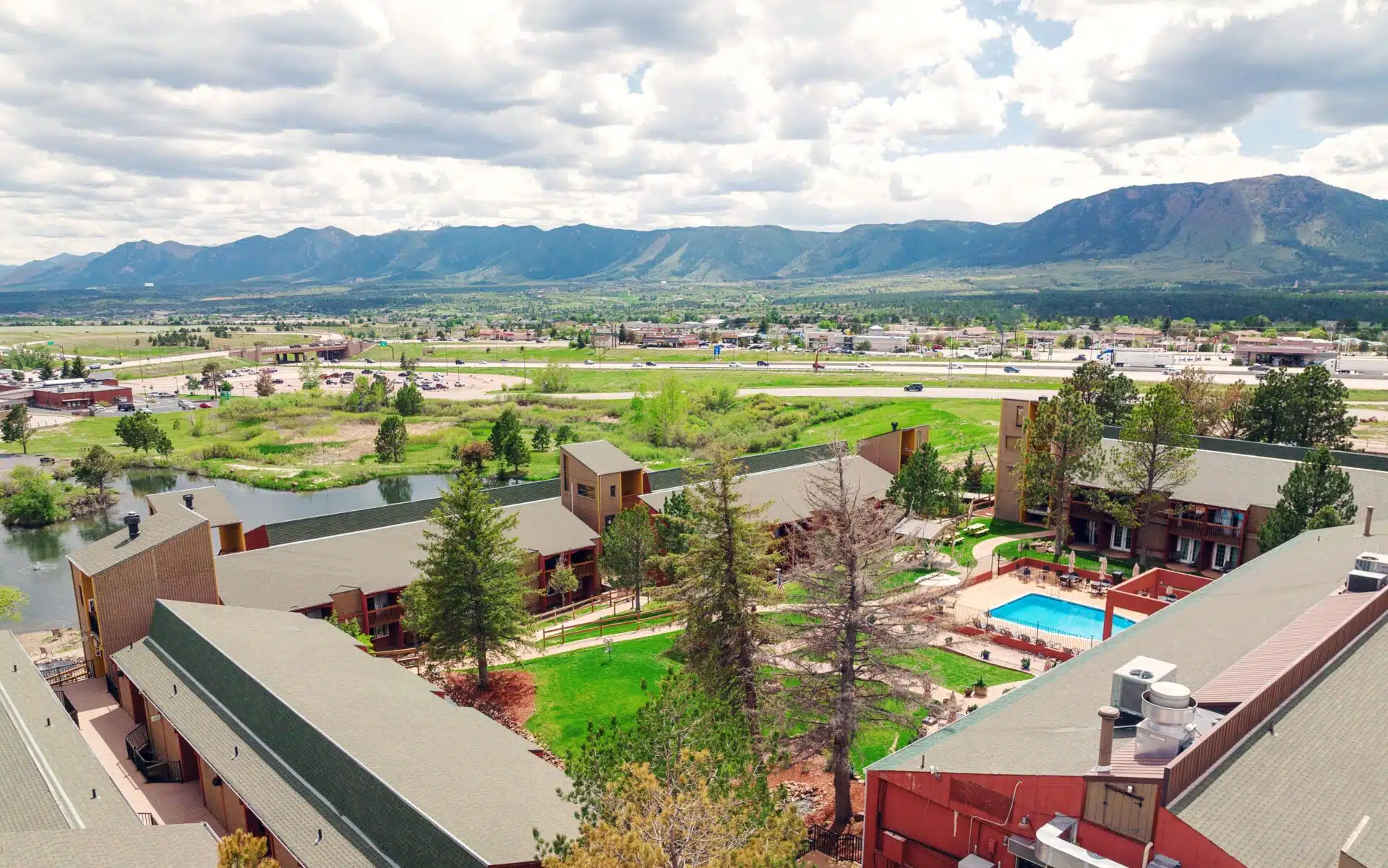Insomnia is one of those common conditions that may appear harmless but its effects build up over time. In fact, it is possible to suffer from addictions due to the sleep deprivation caused by insomnia. If you want to know more about how you can manage both insomnia and substance use disorders, read further.
Having sleepless nights on one or two occasions may be acceptable. However, when these gradually progress to weeks or months of poor ability to fall asleep, irregular sleep patterns, and difficulty to stay asleep, this could indicate that you may be suffering from insomnia.
What is insomnia?
Insomnia is described as a prolonged condition of inability to fall and stay asleep. It is a prevalent medical problem as 25% of the US population have been diagnosed with it at some point in their life. Insomnia affects the overall well-being of a person due to sleep deprivation.
Insomnia statistics
- 30% of American adults suffer from symptoms of insomnia.
- 10% of the US population are likely to suffer from chronic insomnia.
- 83% of those who are suffering from depression also report having symptoms of insomnia.
- Loss of productivity due to insomnia was calculated at $ 63 billion annually
- Insomnia is a major contributor to death in cases such as vehicular accidents.
Insomnia may be an often-overlooked condition, but statistics show that it affects a large percentage of the population. Its effects permeate every area of our life. Insomnia is determined when a person lacks sleep for prolonged periods of time, particularly for three months or more. There are physical, mental, and emotional effects go along with suffering from sleep deprivation: Now that we understand how insomnia affects the body, we can gain more insight into why it can sometimes cause addictions.
How long does insomnia last?
Are alcohol and drugs ruining your life?
Find help now
How does insomnia lead to addictions?
As people are easily affected by insomnia, there are available medications that can help induce sleep. Doctors prescribe depressants or relaxants in helping people handle sleep problems. In some unfortunate situations, these prescribed medications end up being misused or overused, leading to addictions.
Other people may suffer from alcoholism as a way to self-medicate their insomnia. As alcohol is considered a depressant, those who may be sleep-deprived often depend on drinking large amounts as a way to doze off.
Conversely, the constant use of depressants and relaxants brings the body to a state of dependence. Once the substance is not taken, the person suffers from withdrawal insomnia and may be compelled to re-take the illicit substances just to get sleep.
What are examples of drugs that cause insomnia?
Understanding the nature of some drugs can help us gain knowledge about those varieties that cause insomnia.
- Hydrocodone: Hydrocodone is a strong pain reliever and analgesic. Some people who are sensitive to it may experience lightheadedness and drowsiness. Withdrawal from misuse of this drug may cause hydrocodone insomnia.
- Opiates: Opiates are additionally known to have pain-relieving properties and they have similar effects to morphine. A well-known example of an opiate is heroin. Withdrawal from opiates such as heroin may cause heroin insomnia or opioid-induced insomnia. Opiate insomnia may be considered one of the most severe due to the strong effects of the drug on the body.
- Oxycodone: Oxycontin is another form of opiate, which can also cause Oxycontin withdrawal insomnia upon reduction of intake. A question commonly asked, “Can oxycodone cause insomnia?” The simple answer is yes, especially if this opiate is abused and withdrawal symptoms start to occur when the dosage is reduced. Many people who suffer from various opiate-related addictions often complain that they cannot sleep due to opiate withdrawal.
- Kratom: This plant-based substance has effects similar to opiates. When this plant medication is abused and reduced in dosage, it can also cause Kratom insomnia.
- Suboxone: A combination of buprenorphine and naloxone, suboxone is considered a narcotic drug and is known for treating narcotic pain relievers. However, there is also a risk of dependence on suboxone that when some people reduce their intake, they end up suffering from suboxone withdrawal insomnia.
Understanding dual diagnosis: Insomnia and Addiction
If you are suffering from insomnia due to substance withdrawal symptoms, or are dependent on illicit substances to help you stay asleep, you may be suffering from a dual diagnosis of insomnia and addiction. Insomnia and addiction can go hand in hand and can wreak havoc in your body as these two conditions interchangeably affect one another.
What should I do if I have insomnia and addiction?
It is important for dual diagnosis patients to address both conditions simultaneously. The root cause of insomnia should be treated as well as the tendency to abuse substances. For high-quality insomnia treatment centers, there is a step-by-step process that dual diagnosis patients undergo to help achieve recovery.
Step 1: Assessment
The first step in recovery for those suffering from insomnia addict symptoms, is to get a physical and psychological assessment. Labs will be performed as well as written evaluation to understand the severity and type of insomnia and substance use disorder. The assessment will provide a baseline of your condition to understand which management options may be effective.
Step 2: Results and recommendations
The second step in achieving recovery for dual diagnosis conditions is finding out the results and following recommendations provided by the doctor. Upon having an evaluation of rehabilitation or insomnia treatment center, you will be oriented with the results of the assessment plus the recommendations provided. Most people who have moderate-to-severe substance use disorders may be required to undergo an initial detox program before having outpatient services.
Step 3: Treatment
At this stage, concrete action towards recovery ensues. Patients now undergo intensive detox programs, therapies, or counseling services as warranted by their healthcare professionals. Note that during these treatments, some drug detox insomnia or alcohol detox insomnia may occur. This is all part of the process as the body re-adjusts itself back to its normal chemical composition. For example, patients may complain of difficulties sleeping with opiate withdrawal. You will be provided with either medication or natural alternatives to help you fight insomnia during withdrawal episodes.
Step 4: Aftercare
The last step of the process is aftercare and maintenance. Those who are finished with their intensive treatments and therapies will be advised to continue several outpatient services such as counseling, or attending support groups. These aftercare programs help in accountability and relapse prevention.
If you are suffering from insomnia and other mental health conditions tied with substance use disorder, know that you are not alone. Recovery from insomnia and addiction is possible with the help of qualified healthcare professionals and a high-quality, custom-fit rehabilitation treatment plan for you. Reach out to Sunshine Behavioral Health today.
Medical disclaimer:
Sunshine Behavioral Health strives to help people who are facing substance abuse, addiction, mental health disorders, or a combination of these conditions. It does this by providing compassionate care and evidence-based content that addresses health, treatment, and recovery.
Licensed medical professionals review material we publish on our site. The material is not a substitute for qualified medical diagnoses, treatment, or advice. It should not be used to replace the suggestions of your personal physician or other health care professionals.






